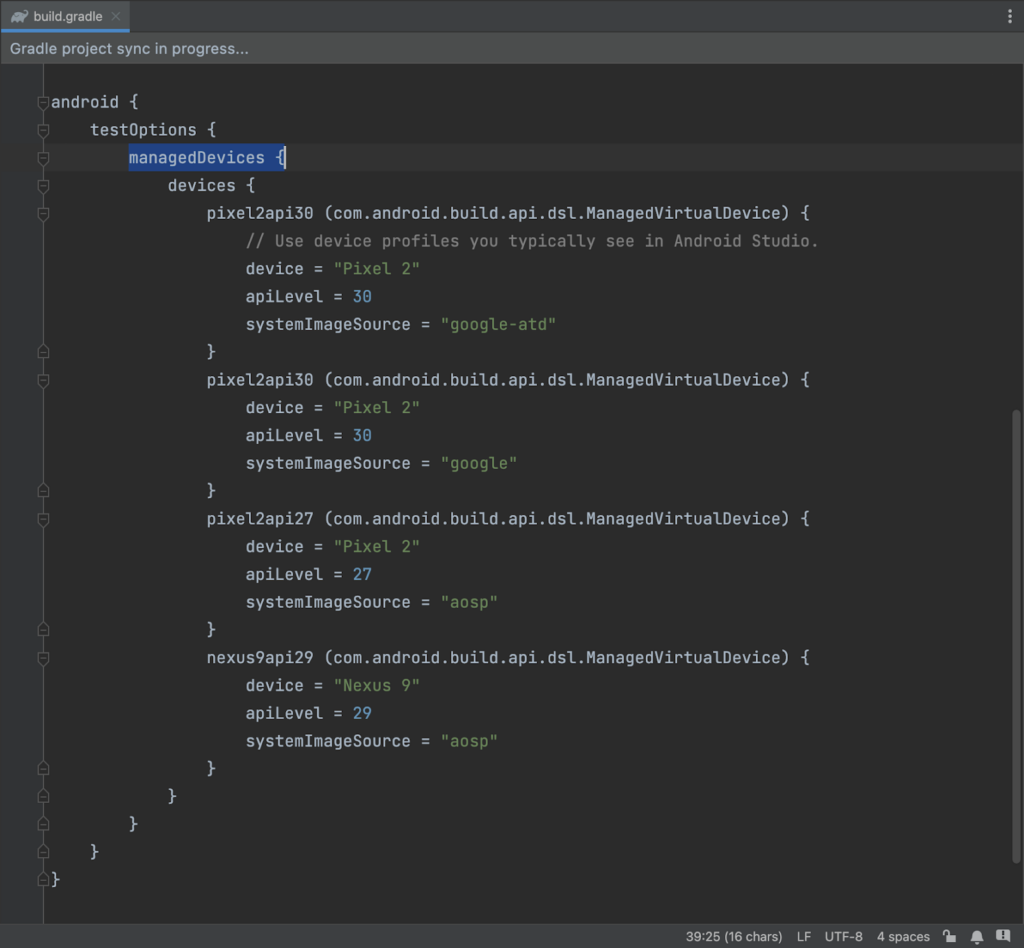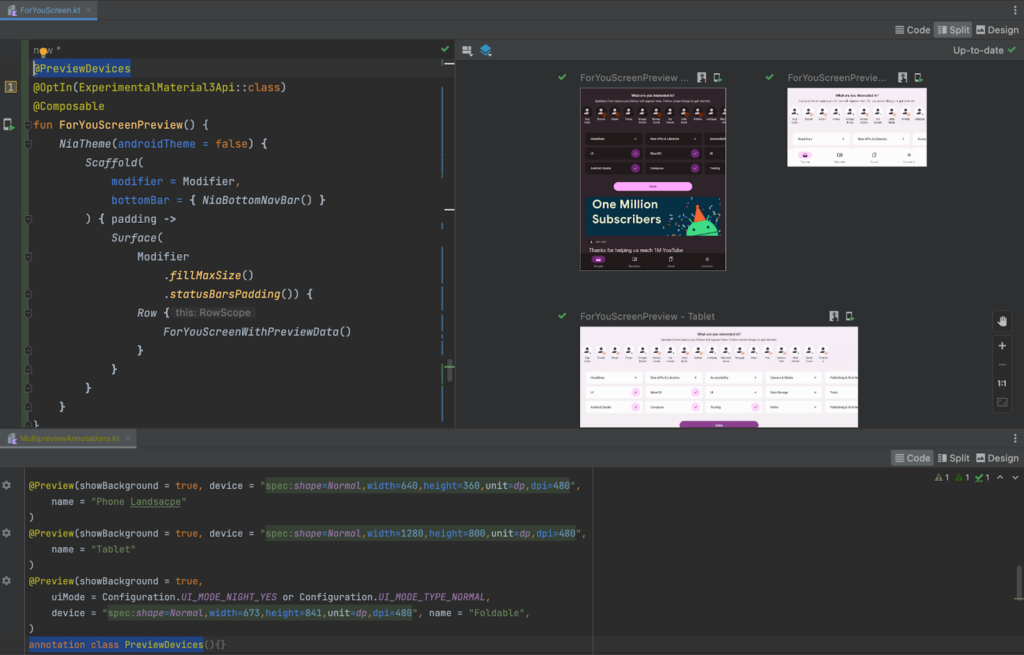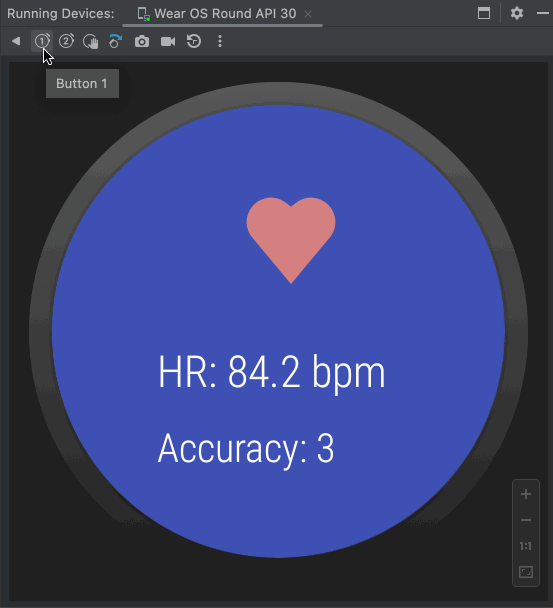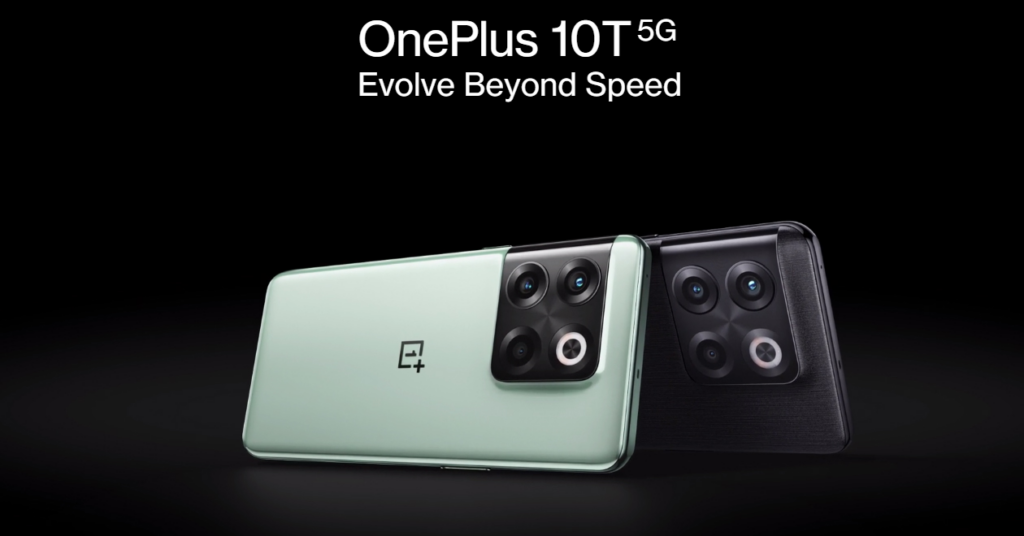Oppo has added a new smartphone to the K-series bucket. The latest Oppo K10x is a mid-range 5G offering that is currently official in China. Although it is expected to launch soon in other markets, including India as well. In the meantime, let's take a look at the specification, features, pricing, and other details of the latest Oppo device.
Must see: Oppo ColorOS 13 update timeline for September 2022
Talking about the design, the Oppo K10x has a thick chin, while the other three bezels around the screen are thin. The device features a 6.59-inch Full HD+ IPS LCD screen with a center-aligned punch hole cutout. The panel offers a 120Hz screen refresh rate.
Under the hood, an octa-core processor based on Snapdragon 695 SoC powers the device. The chipset is paired with up to 12GB RAM and 128GB of internal storage. In terms of software, it runs Android 12 out of the box along with a layer of ColorOS 12.1 on top.
In the shooting department, the Oppo K10x carries a triple-camera setup on the back alongside an LED flash. The island consists of a 64MP primary lens and a couple of 2MPs depth and macro sensors.
In addition, the company ships the device with a 5000 mAh battery, making it weigh 195 grams. The power unit supports 67W SuperVOOC fast charging. Also, the device has a side-mounted fingerprint scanner to serve security.
Related: Oppo F21s Pro and F21s Pro 5G launches in India: Know Specifications, Features, and Price
Price and Availability
Oppo K10x will retail in Black and Aurora color options. The base 8GB/ 128GB variant of the device costs ¥1,499. The other model with a storage capacity of 8GB/ 256GB is priced at ¥1699. Whereas, the most premium offering with a 12GB/ 256GB configuration is worth ¥1,999.






 4:48 PM
4:48 PM
 Simranpal SIngh
Simranpal SIngh


 Gradle Managed Virtual Devices[/caption]
Gradle Managed Virtual Devices[/caption] Compose Animation Inspector[/caption]
Compose Animation Inspector[/caption] Multipreview annotations[/caption]
Multipreview annotations[/caption] Compose Recomposition Counts[/caption]
Compose Recomposition Counts[/caption] Wear OS Emulator Pairing Assistant[/caption]
Wear OS Emulator Pairing Assistant[/caption] Wear OS Emulator Side Toolbar[/caption]
Wear OS Emulator Side Toolbar[/caption] New Wear OS Run/Debug configuration types[/caption]
New Wear OS Run/Debug configuration types[/caption]








